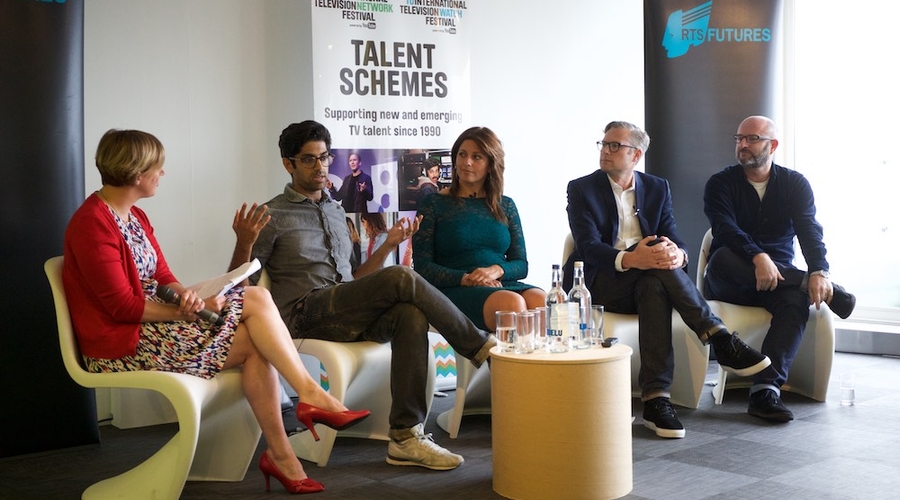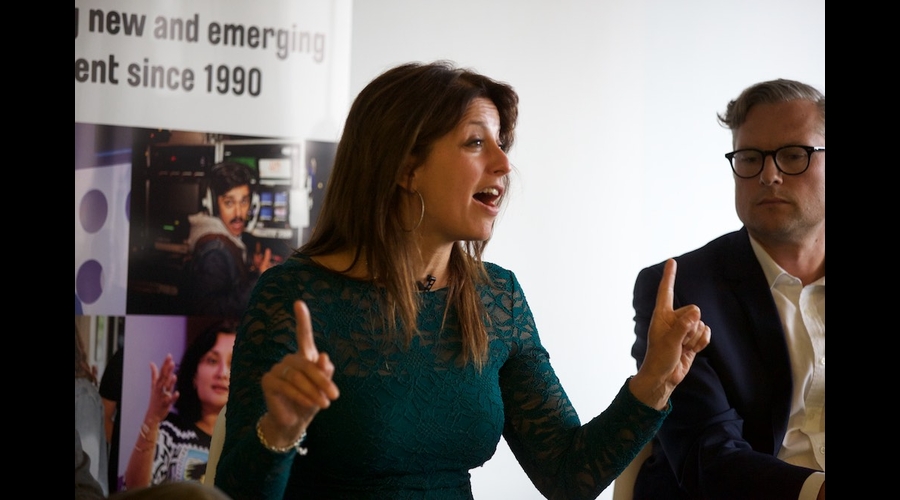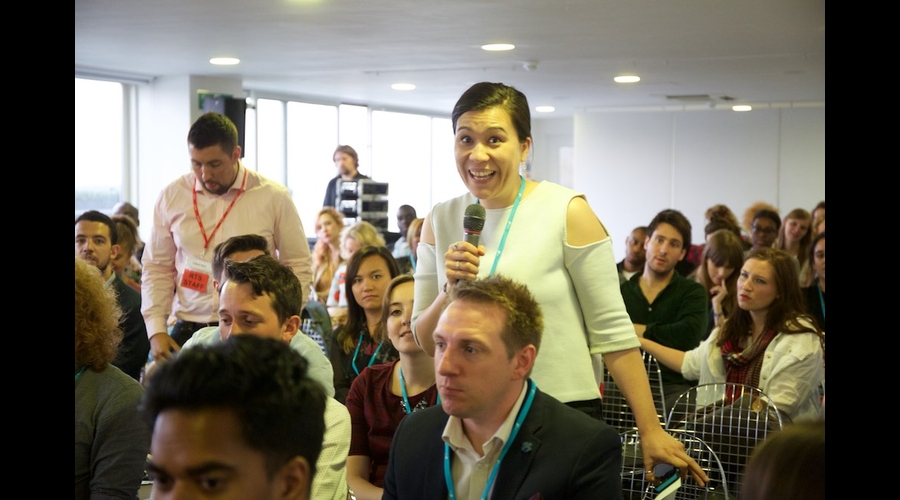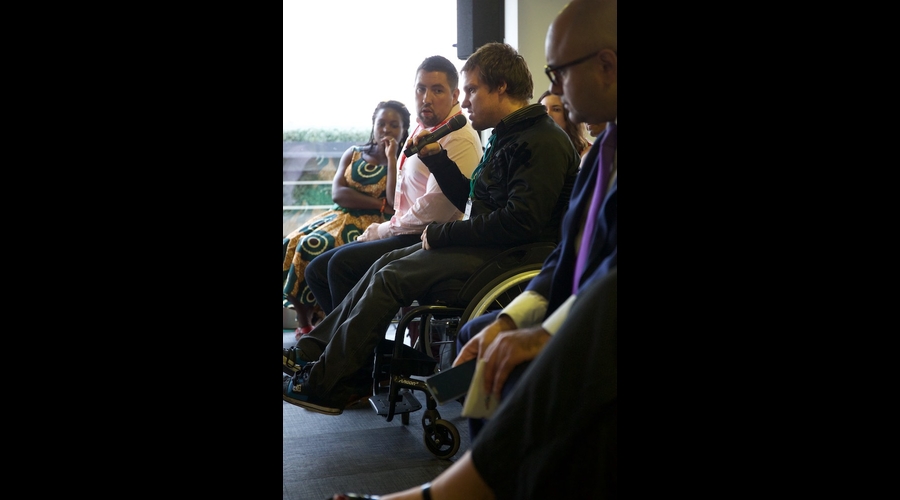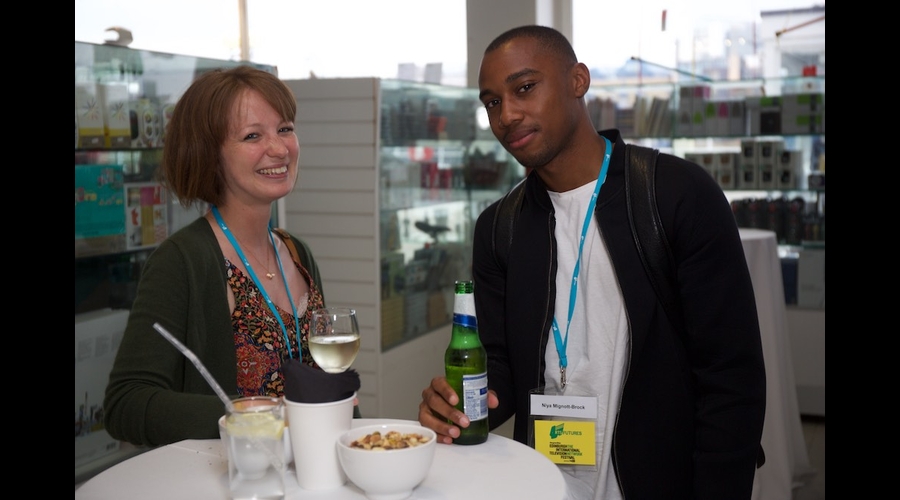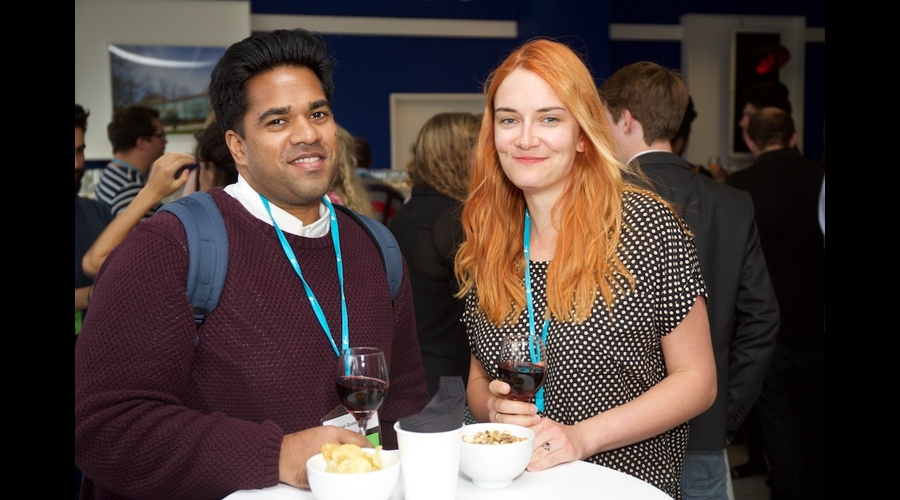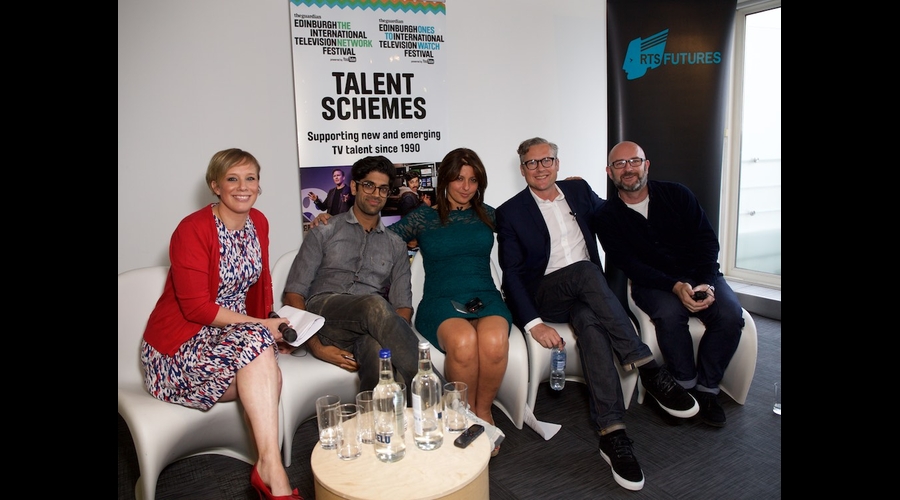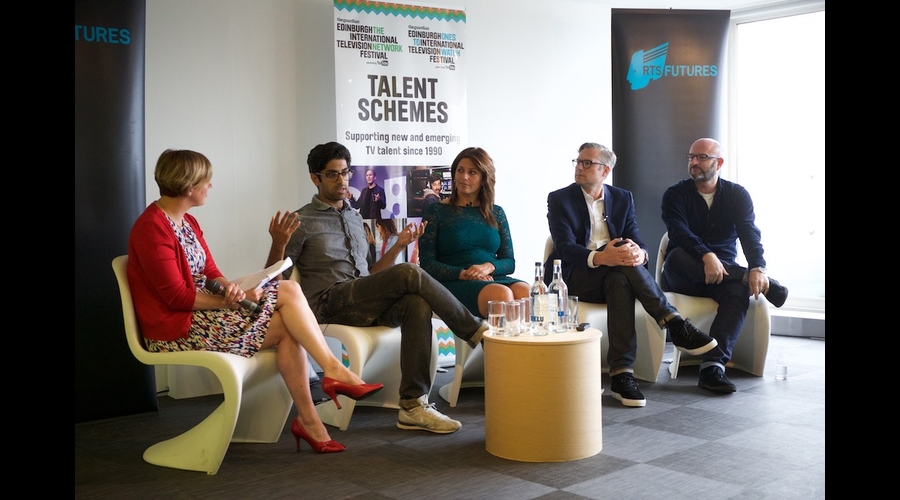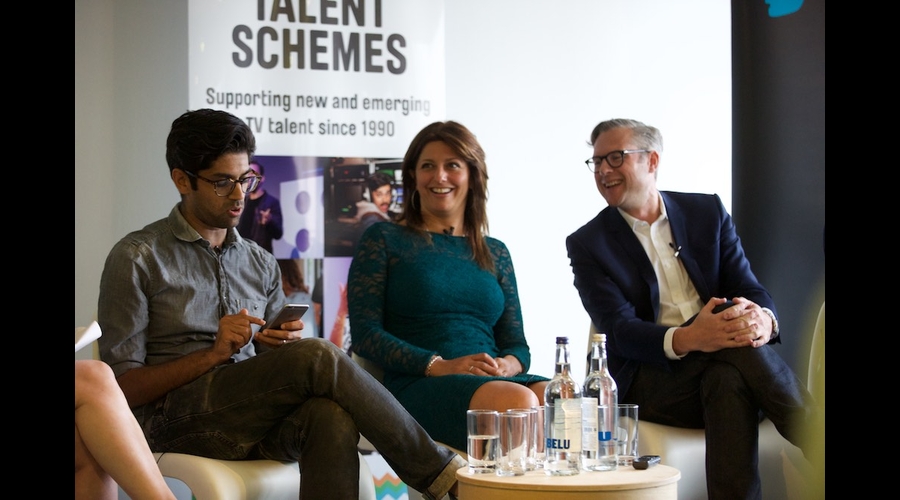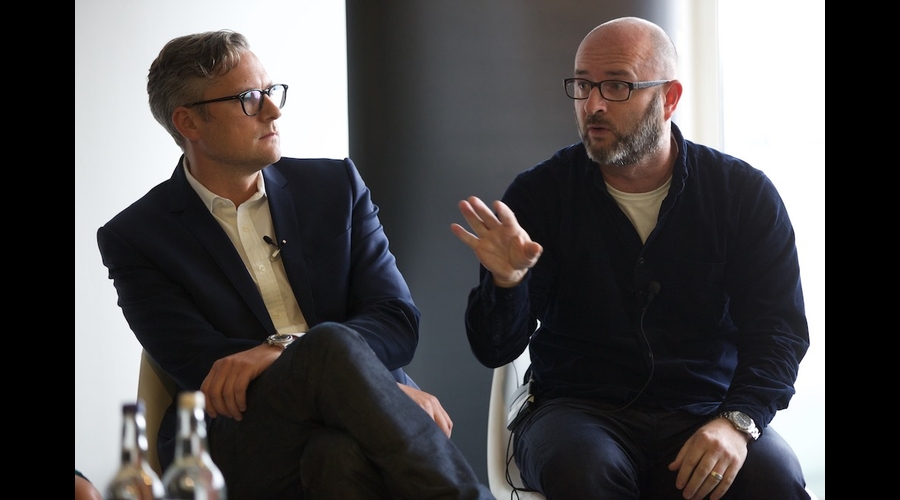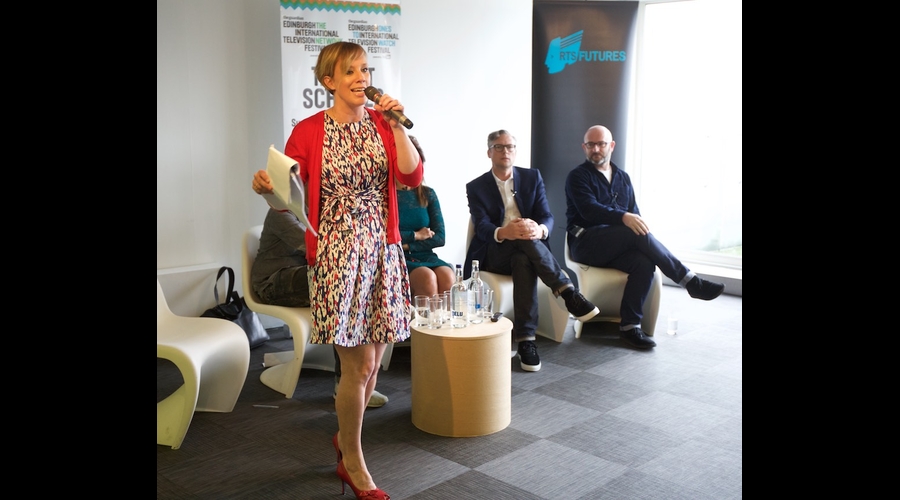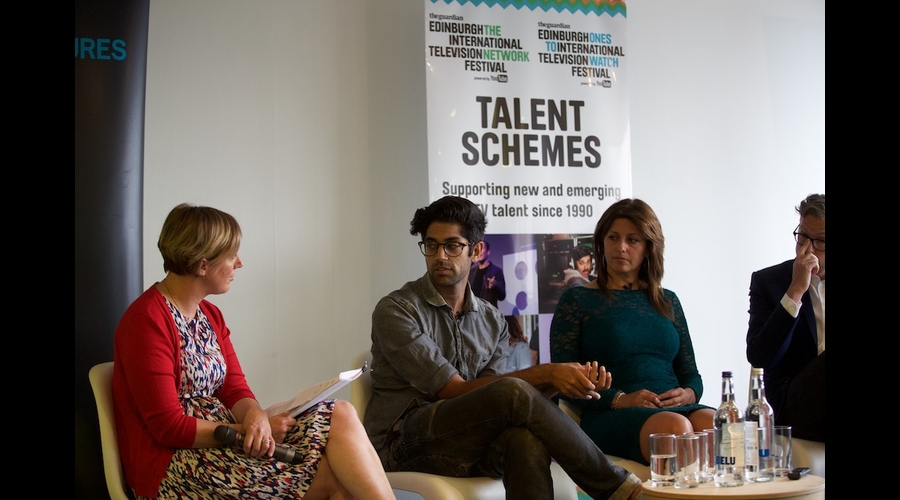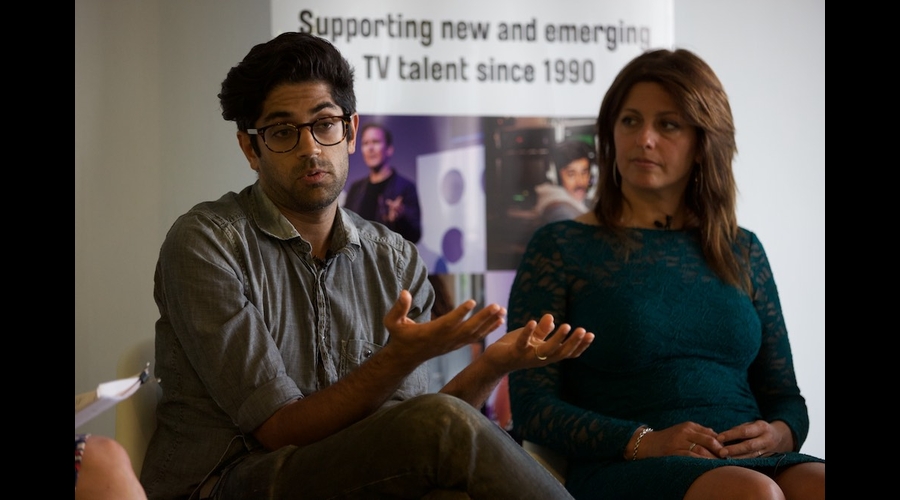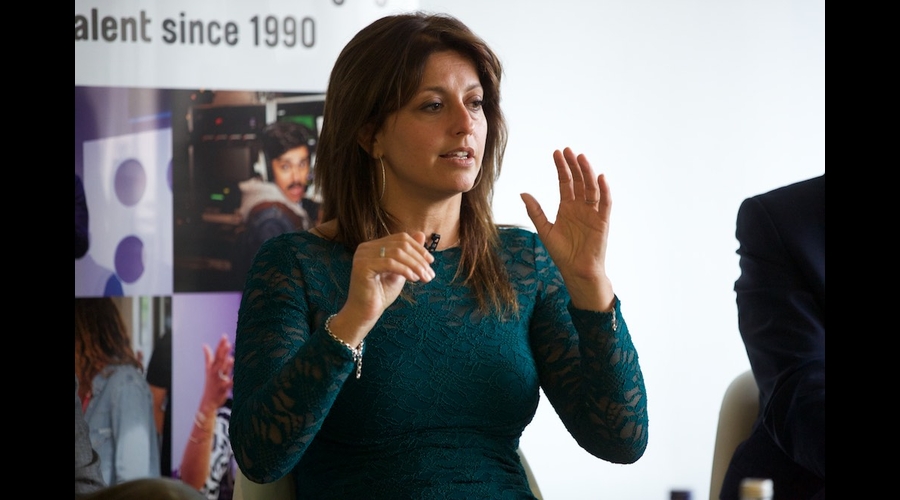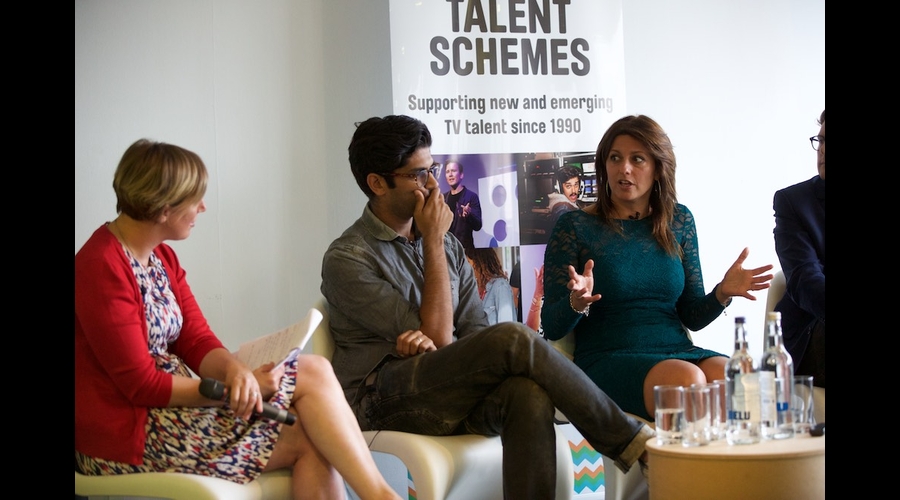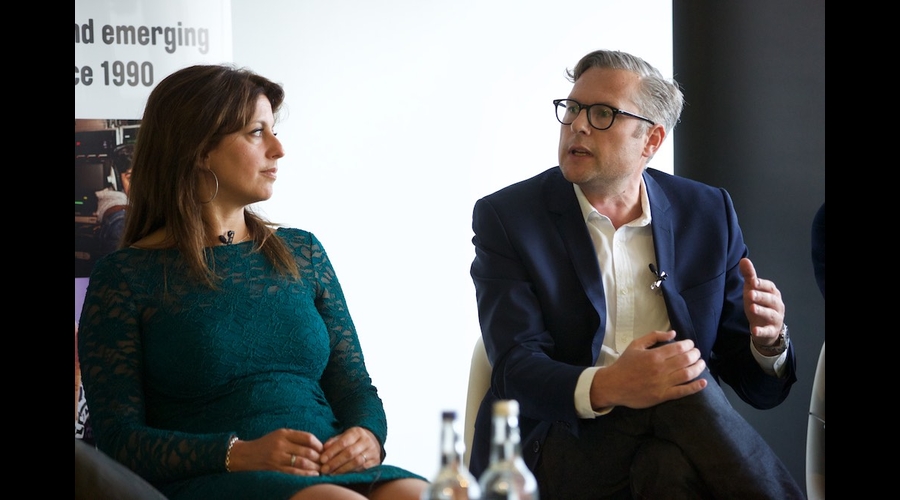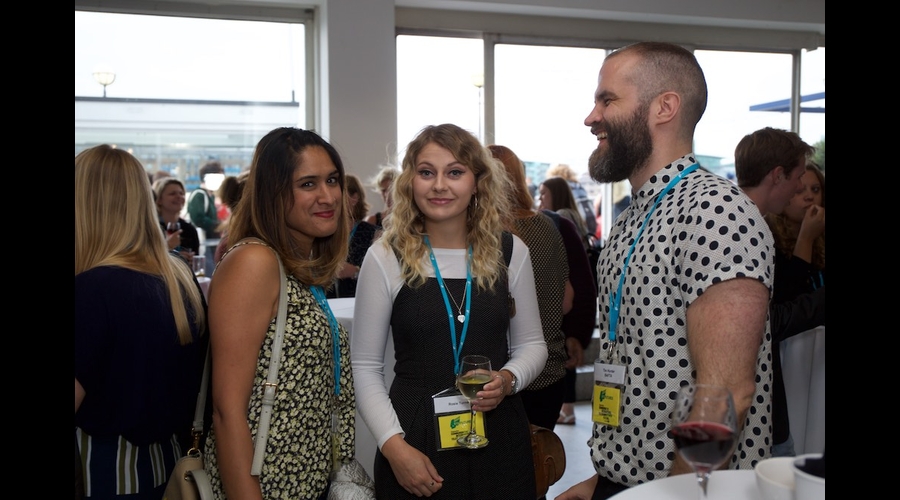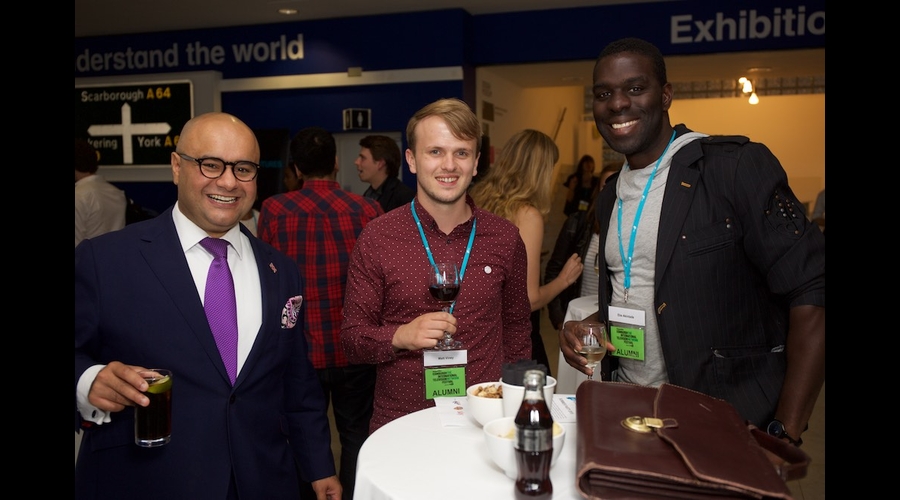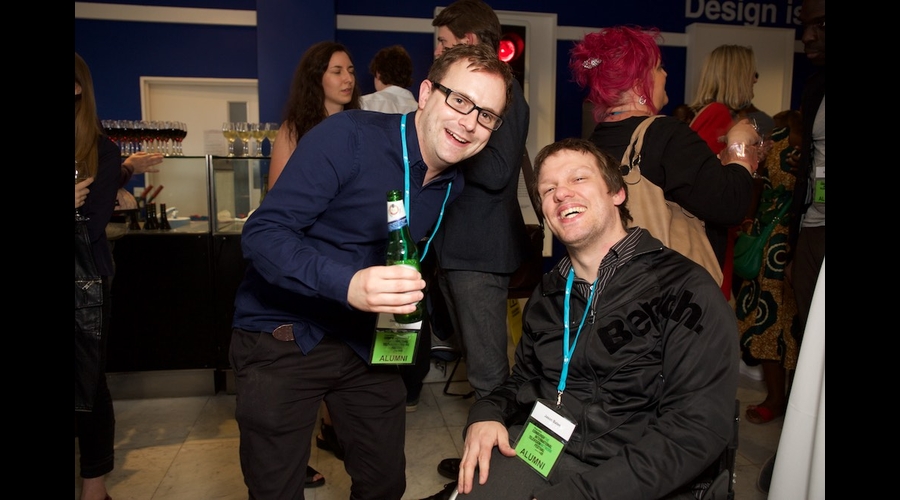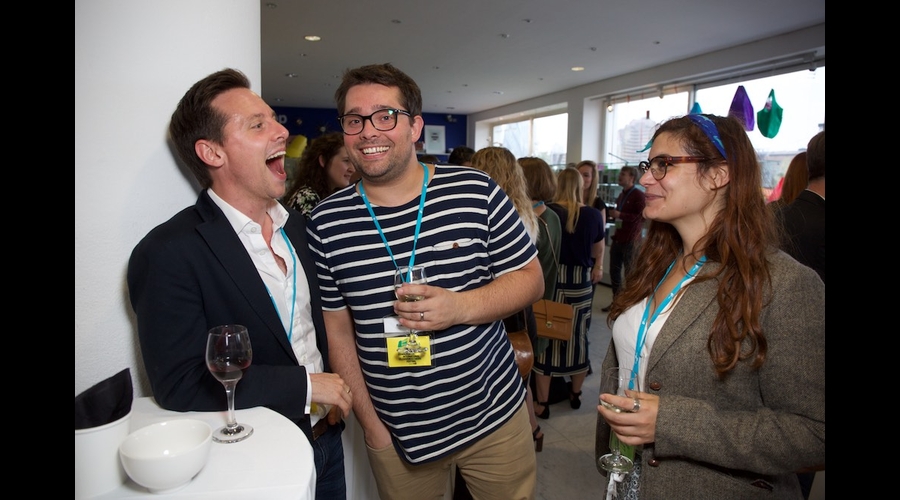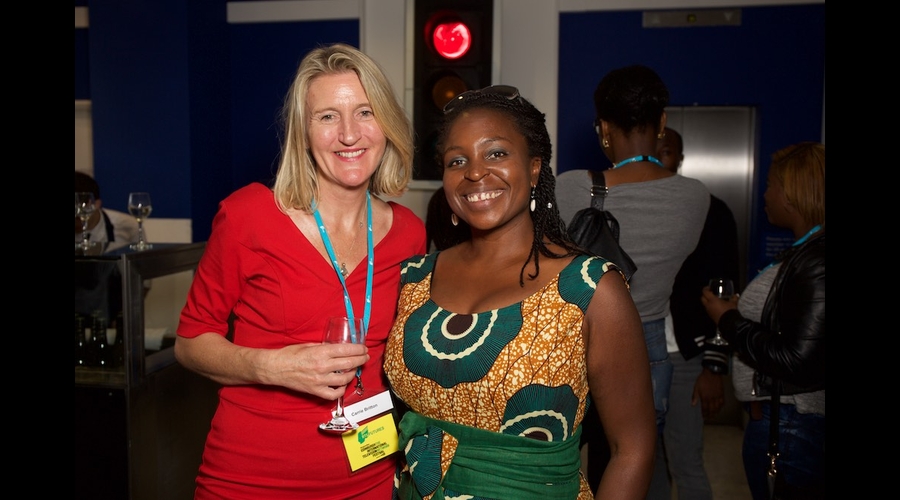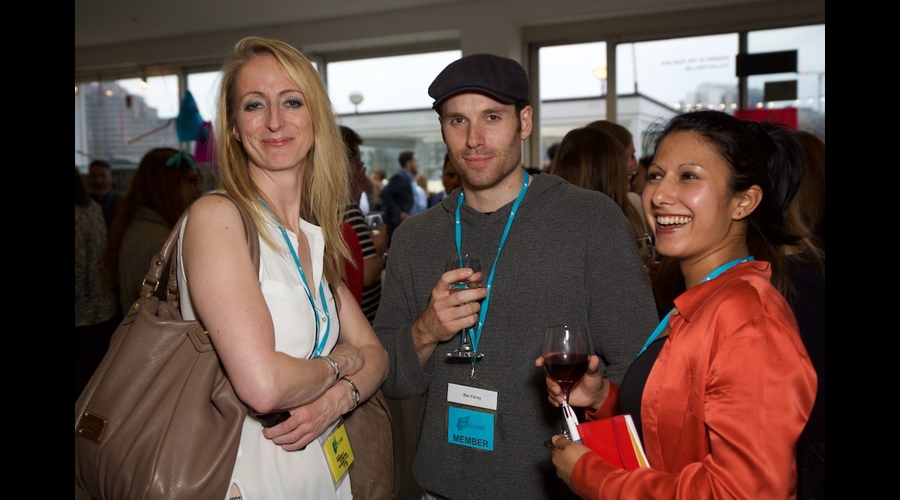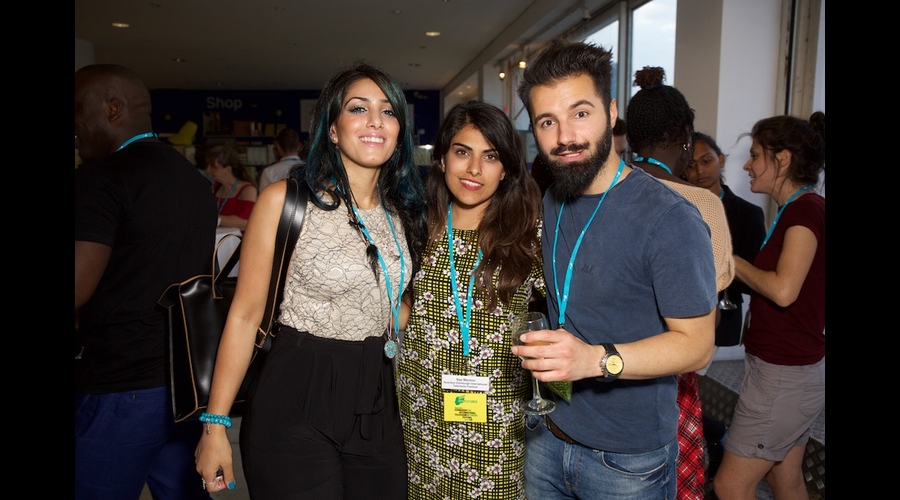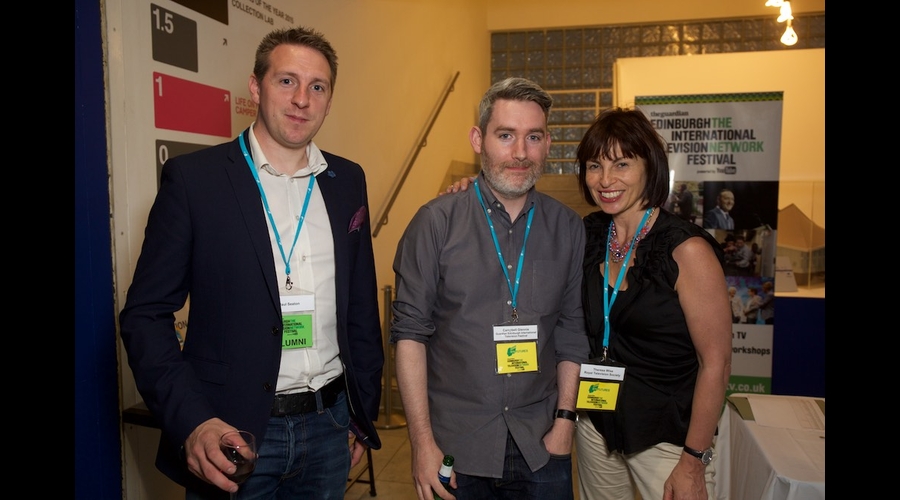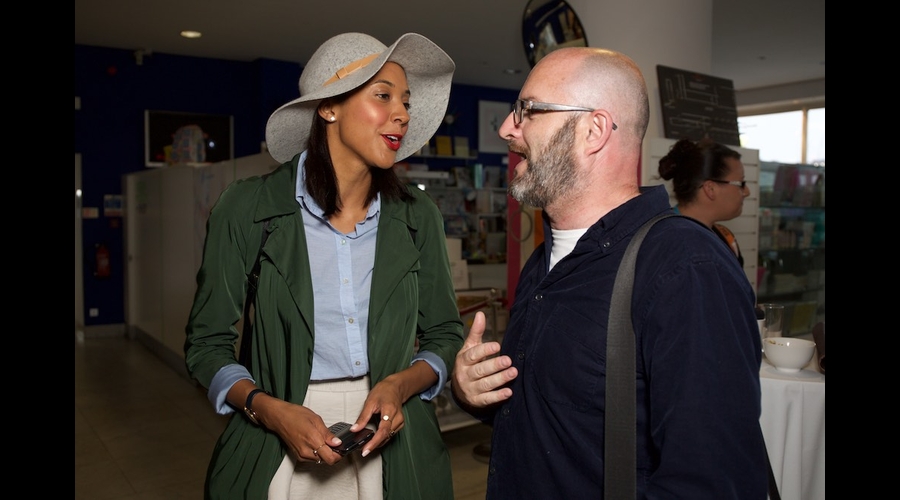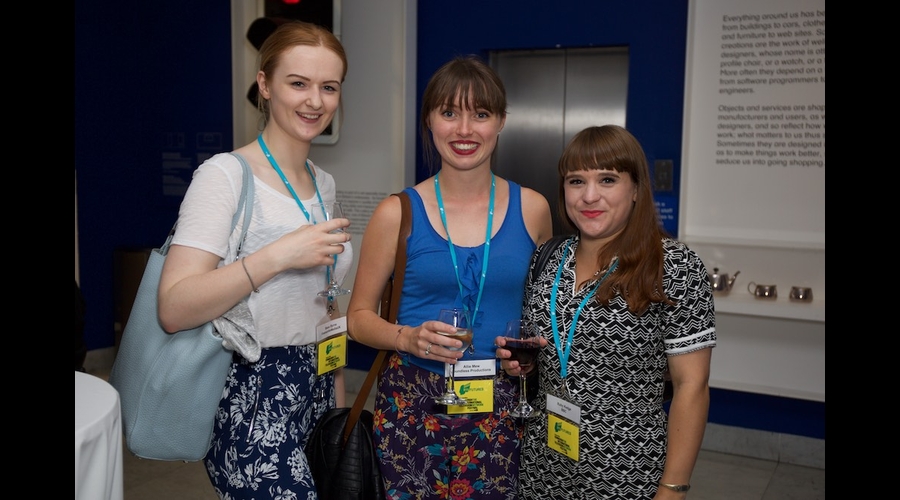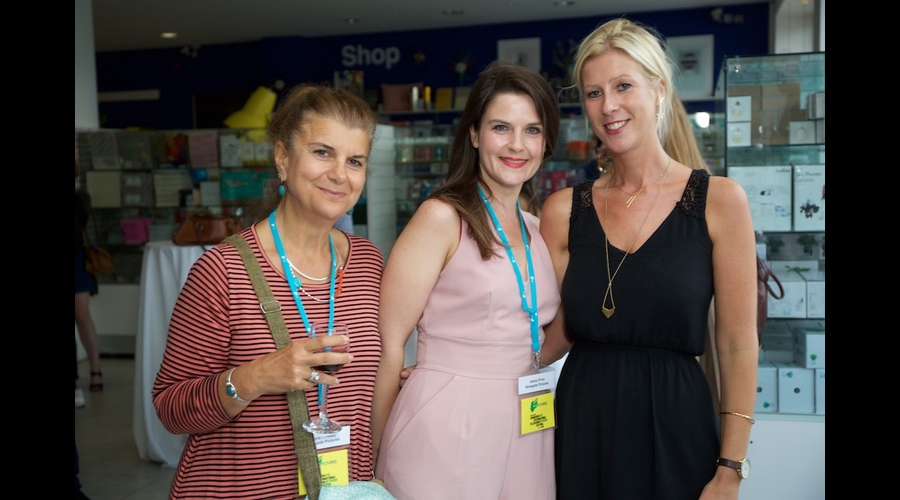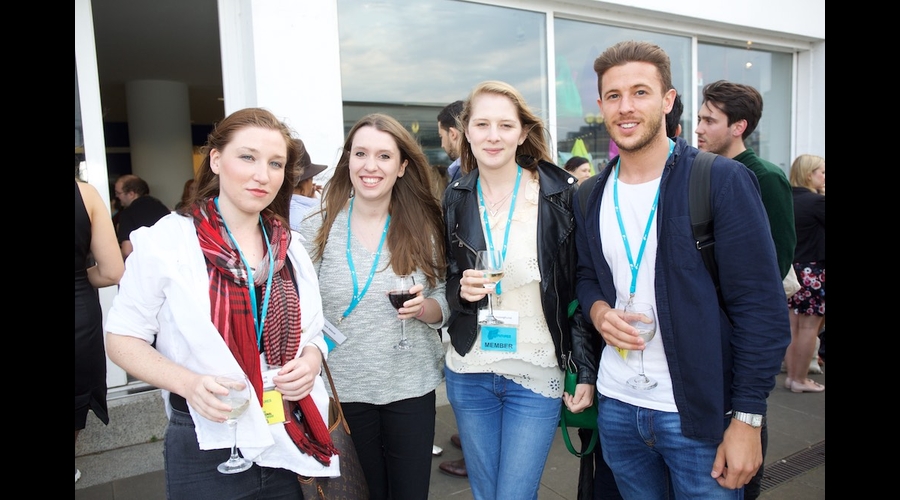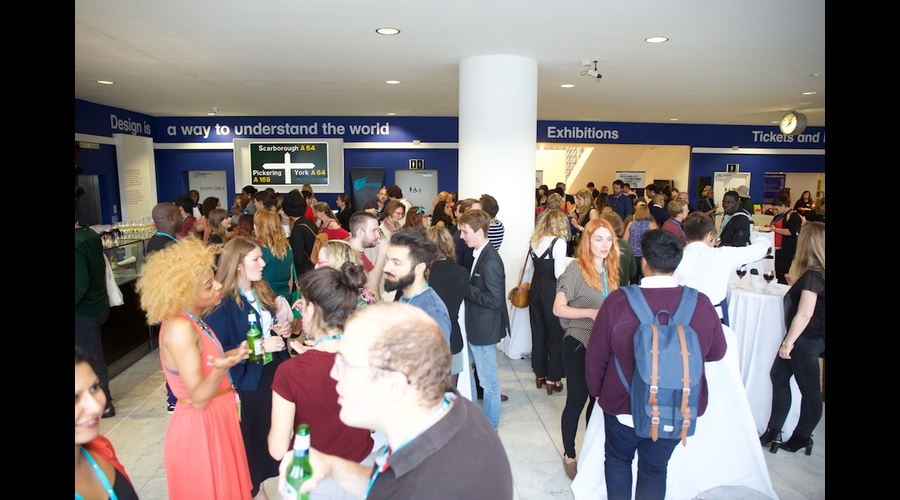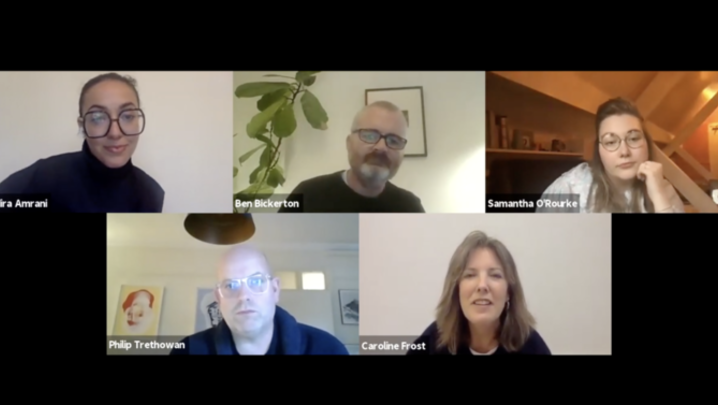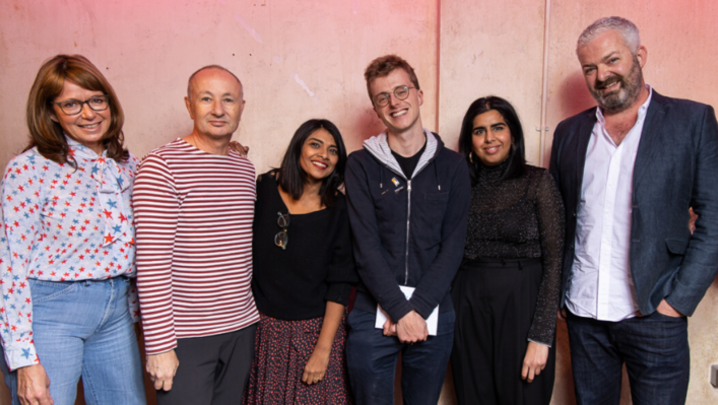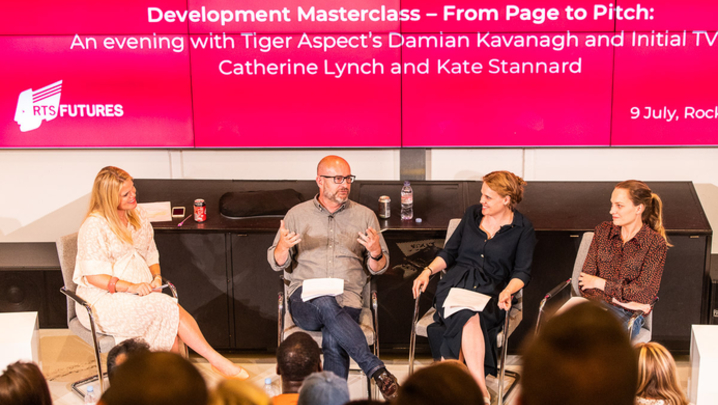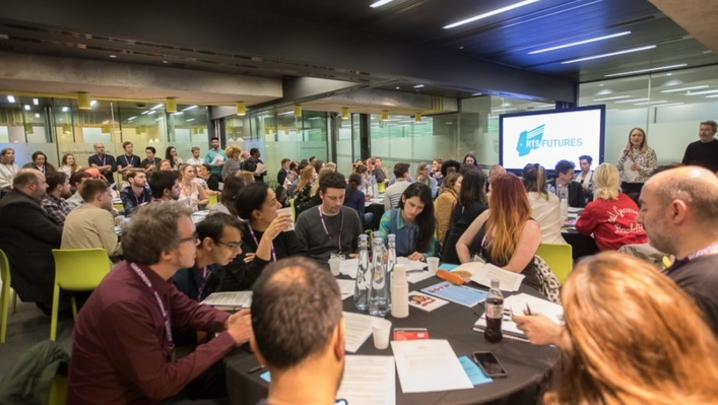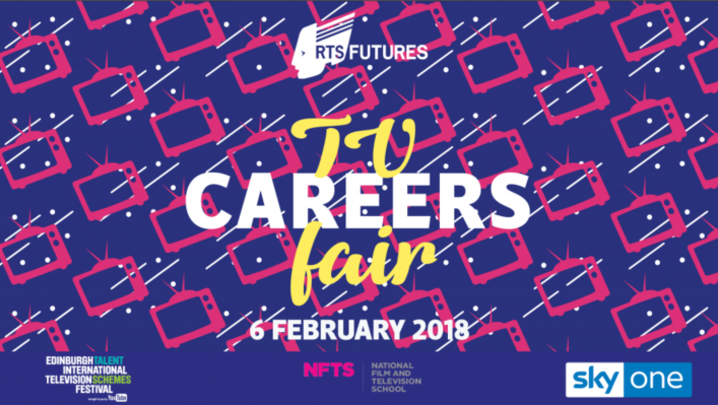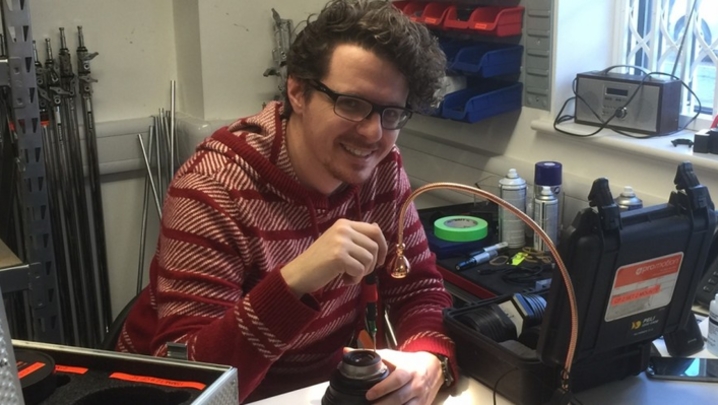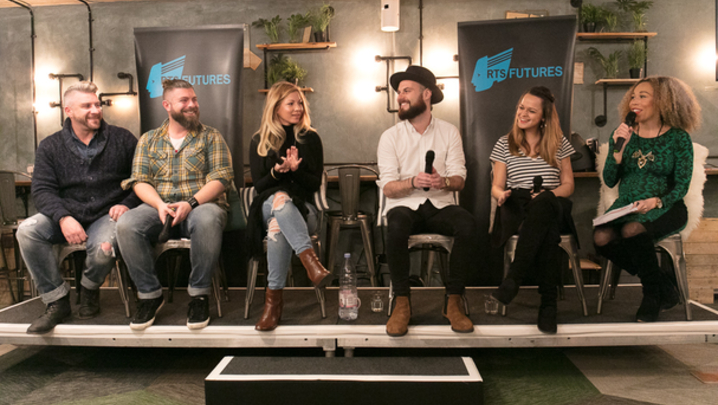Host Kirsten O'Brien asked a panel of industry insiders - including BBC Three boss Damian Kavanagh - if television is doing a disservice to young audiences
BBC Three controller Damian Kavanagh fielded harsh criticism from audience and panel alike at the RTS Futures Summer Party.
"Is TV out of touch?" asked former CBBC presenter Kirsten O’Brien, who chaired the event, "is it relevant for 16 to 34 year olds?"
With the BBC’s youth brand soon set to relinquish its linear channel, Kavanagh was told that young people were bearing the brunt of difficult BBC cuts.
"The headline for me is that they’re spending £20 million less on commissioning content for young audiences than previously," said fellow panellist Faraz Osman, whose production company Lemonade Money makes video content for television and online.
"If I’m honest, I don’t really need any more places to put content online," he continued, "what I need is places where I can build brands and where we can have young audiences and young stories and young people cut through, and I believe that’s on young television channels."
Kavanagh countered this by explaining that BBC Three was being liberated from the budgetary demands of having to fill a TV channel, and that he had £30 million to spend on content for young people.
He was also keen to remind the audience that young people consume content across the BBC, and that BBC One is the most-watched channel among 16 to 34 year olds. The Great British Bake Off is one show that is particularly popular with the younger viewing demographic.
This was supported by Camilla Lewis, joint CEO of Curve Media, who said that there was an assumption in the industry that all young people are trendy and cool, whereas in reality “most people are actually quite nerdy… and they like watching Eastenders”
She said that the need for programmes to be ‘relevant’ to young audiences was often overthought.
“It’s not that illusive,” she insisted. “Sex, drugs and rock’n’roll – there you go, there’s your first three pillars of relevance!”
Dom Bird, Head of Formats at Channel 4, who covers E4 as part of his brief, also faced criticism for the channels’ youth offering.
Both Osman and Kavanagh pointed out that E4’s schedule is dominated by US acquisitions, particularly The Big Bang Theory.
“There’s one ethnic minority in that. He’s an Indian that has a funny accent, that can only speak to girls when he’s drunk and is good at maths… What does that say to young people about how they’re getting represented on screen?” asked Osman.
Bird agreed that there was still a lot of work to do with diversity both in front of, and behind, the camera.
“The bigger picture is that television needs to reflect our nation. And I think if you look at Channel 4, we do alright, but you can always do better.”
He referred to shows such as My Mad Fat Diary, The Last Leg and The Undateables as examples of hit Channel 4 shows with diverse on-screen talent.
“Everyone is talking about diversity, and the reason why is that it’s business sense,” claimed Lewis. She accepted that working in TV, which often means moving to London, can be a challenge for those from diverse backgrounds on an entry-level salary, who don’t receive financial help from their parents.
Osman suggested bypassing the traditional idea of trying to get a job with a big broadcaster, and instead producing original content.
“You can pick up a camera that’s broadcast-quality, you can get editing software that’s broadcast quality, and you can make a film for less than it cost to buy your first car,” he said, adding that Lemonade Money had received reels from people who had made their own videos in this manner that were “better than the stuff we do.”
The way to stand out is to “give your ideas freely,” said Lewis, who advised that newcomers are often too protective of their concepts. “If you’re an ideas person, you just have ideas. Sometimes your ideas do get nicked a bit, and you just have to get over it.”
Taking risks is a vital part of making great television, Kavanagh told the audience, “if we stand still and we don’t innovate and we don’t challenge our audiences, I think we’re in trouble.”
His BBC Three audience will certainly be challenged by the changes ahead, but the panel concluded that, regardless of which platform content is hosted on, there are still opportunities for newcomers in the industry and for great youth-focused programming.
The RTS Futures Summer Party was held on 16 July at the Design Museum in London and was organised in association with the Guardian Edinburgh International Television Festival Talent Schemes. The producers were Ife Okwudili, Reem Nouss and Naz Mantoo. It was sponsored by Channel 4, Warner Bros Television Production UK and Sky.
Photos by Paul Hampartsoumian


